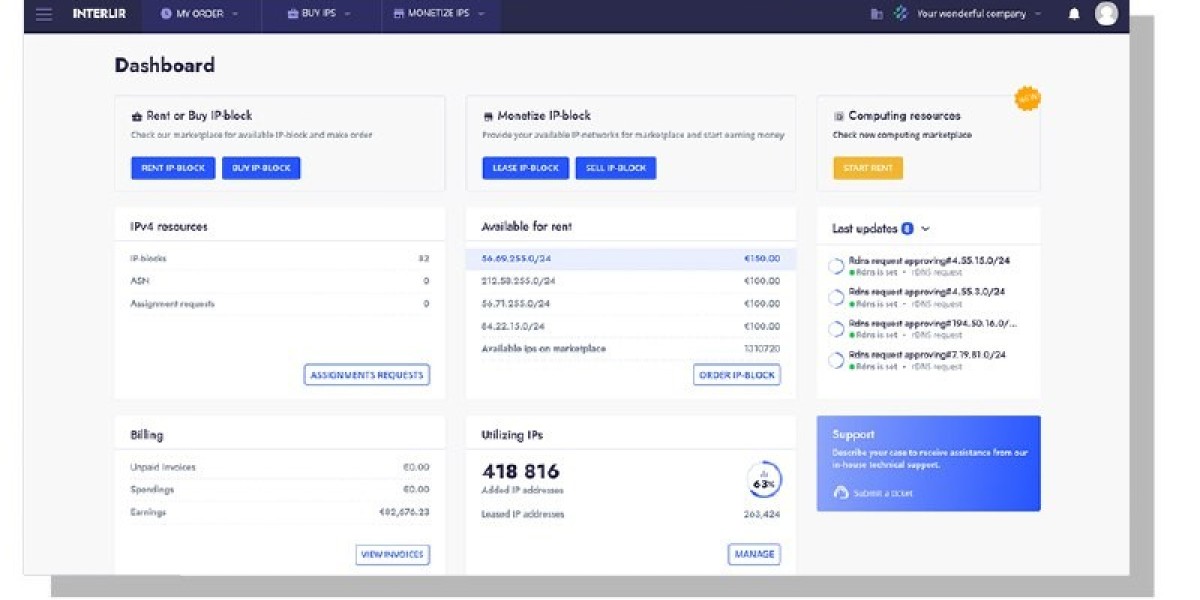In the modern healthcare landscape, where accuracy, technology, and precision define life-saving care, one group of professionals quietly powers the system behind the scenes — medical equipment dealers. They are the vital link connecting manufacturers of sophisticated medical technologies with the hospitals, clinics, and diagnostic centers that rely on them.
From advanced imaging systems and surgical tools to diagnostic kits and life-support devices, these dealers ensure that healthcare facilities have access to the latest and most reliable equipment. But their role goes beyond selling products — they are trusted advisors, service providers, and partners in ensuring safe, efficient, and high-quality patient care.
This article explores how medical equipment dealers support healthcare excellence, the challenges they face, and their evolving role in shaping the future of global medicine.
Who Are Medical Equipment Dealers?
A medical equipment dealer is a specialized professional or company responsible for supplying medical devices, instruments, and healthcare tools to hospitals, laboratories, and medical practitioners.
They form the backbone of the medical supply chain — ensuring that equipment is authentic, compliant, and functional. A reputable dealer doesn’t just deliver devices; they offer end-to-end support, including product selection, installation, maintenance, training, and technical assistance.
In essence, these dealers transform complex medical technology into practical, accessible tools that empower doctors to save lives.
Types of Medical Equipment Provided by Dealers
Diagnostic and Imaging Equipment
Dealers supply hospitals and clinics with high-performance tools like X-ray systems, CT scanners, MRI machines, ECG monitors, and ultrasound units — enabling precise and early disease detection.
Surgical and Operating Theater Equipment
They provide surgical instruments, anesthesia machines, endoscopy units, operating lights, and sterilization systems that ensure safe and effective surgeries.
Laboratory and Pathology Equipment
For medical testing and research, dealers offer centrifuges, hematology analyzers, incubators, and microscopes, ensuring laboratories maintain accuracy and efficiency.
Monitoring and Critical Care Devices
Dealers distribute ventilators, defibrillators, infusion pumps, and patient monitoring systems, all essential for intensive care units and emergency setups.
Rehabilitation and Homecare Equipment
To support recovery and long-term care, they supply wheelchairs, hospital beds, physiotherapy tools, and oxygen concentrators, enhancing patient comfort beyond the hospital walls.
The Importance of Medical Equipment Dealers in Healthcare
Ensuring Quality and Compliance
Every piece of medical equipment plays a life-saving role. Trusted dealers partner only with certified and reputed manufacturers, ensuring that each device meets international standards such as ISO, CE, and FDA. This guarantees patient safety, reliability, and accuracy.
Bridging Technology and Medicine
Healthcare technology evolves rapidly. Dealers act as the bridge, bringing the latest medical innovations — from digital imaging to AI-enabled diagnostic tools — to the hands of doctors and healthcare workers who use them daily.
Providing Technical Expertise and After-Sales Service
Modern medical devices are sophisticated and require technical know-how. Dealers provide installation, calibration, user training, and regular maintenance to ensure uninterrupted performance and safety.
Supporting Cost-Effective Healthcare
By offering competitive pricing, financing options, and package deals, dealers make advanced healthcare technologies accessible to small clinics and large hospitals alike. Their services help control costs without compromising quality.
Enabling Operational Efficiency
Reliable equipment reduces downtime and enhances workflow efficiency in healthcare facilities. Dealers help institutions maintain continuity, ensuring equipment operates at peak performance levels.
Choosing the Right Medical Equipment Dealer
Finding a dependable dealer is crucial for the success and reliability of any healthcare facility. Here are essential factors to consider:
Industry Experience and Reputation
Look for dealers with a proven track record, solid industry experience, and positive reviews from healthcare clients. Experienced dealers understand both the technology and the unique challenges of the medical field.
Comprehensive Product Portfolio
A good dealer offers a broad range of products across medical specialties, ensuring you can source all necessary tools from one trusted partner.
Certifications and Compliance
Always verify that the dealer and their supplied equipment adhere to government regulations and international safety standards. Legitimate documentation is a mark of trust.
After-Sales Support and Maintenance
Choose a dealer who provides consistent after-sales service, including equipment calibration, technical assistance, and spare parts availability. This ensures long-term reliability.
Transparent Pricing and Warranty
Trustworthy dealers maintain clear pricing policies, provide warranties, and are upfront about service contracts, ensuring complete transparency in business dealings.
How Medical Equipment Dealers Are Transforming Healthcare Access
Medical equipment dealers have played a revolutionary role in expanding healthcare access globally. In developing regions, they are helping hospitals upgrade from traditional systems to digitized, automated, and precision-based technologies.
By offering advanced diagnostic devices and portable solutions, dealers make modern healthcare available even in rural and under-resourced areas. This decentralization of technology means better care, faster diagnosis, and improved patient outcomes — regardless of location.
During emergencies like the COVID-19 pandemic, dealers proved indispensable by supplying critical equipment such as ventilators, oxygen cylinders, and protective gear — demonstrating their agility and importance in crisis management.
Challenges Faced by Medical Equipment Dealers
Despite their essential role, dealers face numerous challenges that demand adaptability and innovation:
Regulatory Complexity: Keeping up with constantly evolving global health regulations can be overwhelming.
Technological Advancement: Continuous innovations require dealers to stay updated with training and certifications.
Price Pressure: The need to balance competitive pricing with uncompromised quality is an ongoing struggle.
Supply Chain Instability: Delays in global shipping or shortages of components can disrupt product availability.
Forward-thinking dealers overcome these challenges by investing in digital solutions, maintaining transparent supplier networks, and prioritizing customer relationships over quick sales.
The Future of Medical Equipment Dealership
The medical equipment industry is evolving faster than ever, and dealers are at the heart of this transformation.
In the coming years, successful dealers will embrace digital platforms, allowing hospitals to order, compare, and manage medical devices online. They will integrate AI-driven inventory systems, offer remote equipment monitoring, and provide virtual technical support to clients.
Moreover, sustainability will take center stage — with an emphasis on eco-friendly medical devices, energy-efficient systems, and responsible disposal practices.
The future belongs to dealers who innovate, educate, and collaborate — making healthcare smarter, safer, and more accessible for all.
Frequently Asked Questions (FAQs)
What does a medical equipment dealer do?
A medical equipment dealer supplies, installs, and maintains healthcare devices used in hospitals, clinics, and laboratories — ensuring safety, accuracy, and reliability.
How do I verify a dealer’s authenticity?
Check for certifications, licenses, client references, and official manufacturer partnerships. Trustworthy dealers are transparent about product origin and warranty details.
Do dealers provide installation and training?
Yes. Professional dealers provide on-site installation, calibration, and user training to ensure staff can operate equipment safely and effectively.
Can small healthcare centers buy from dealers?
Absolutely. Many dealers offer customized packages and financing options suitable for small or independent clinics.
Why is after-sales support so important?
After-sales support ensures that medical equipment remains in optimal condition, minimizing downtime and ensuring patient safety at all times.
Conclusion
In today’s world of advanced healthcare, medical equipment dealers are more than suppliers — they are partners in progress. Their expertise ensures that doctors and healthcare providers can rely on safe, innovative, and efficient tools to deliver quality patient care.
From helping hospitals modernize to enabling small clinics to access cutting-edge technologies, dealers form the foundation of healthcare infrastructure. They bring innovation within reach, uphold safety standards, and ensure that every medical professional has the tools to heal with confidence.
As technology continues to evolve, the role of reliable medical equipment dealers will grow even more crucial — driving the future of healthcare toward greater precision, accessibility, and excellence.







